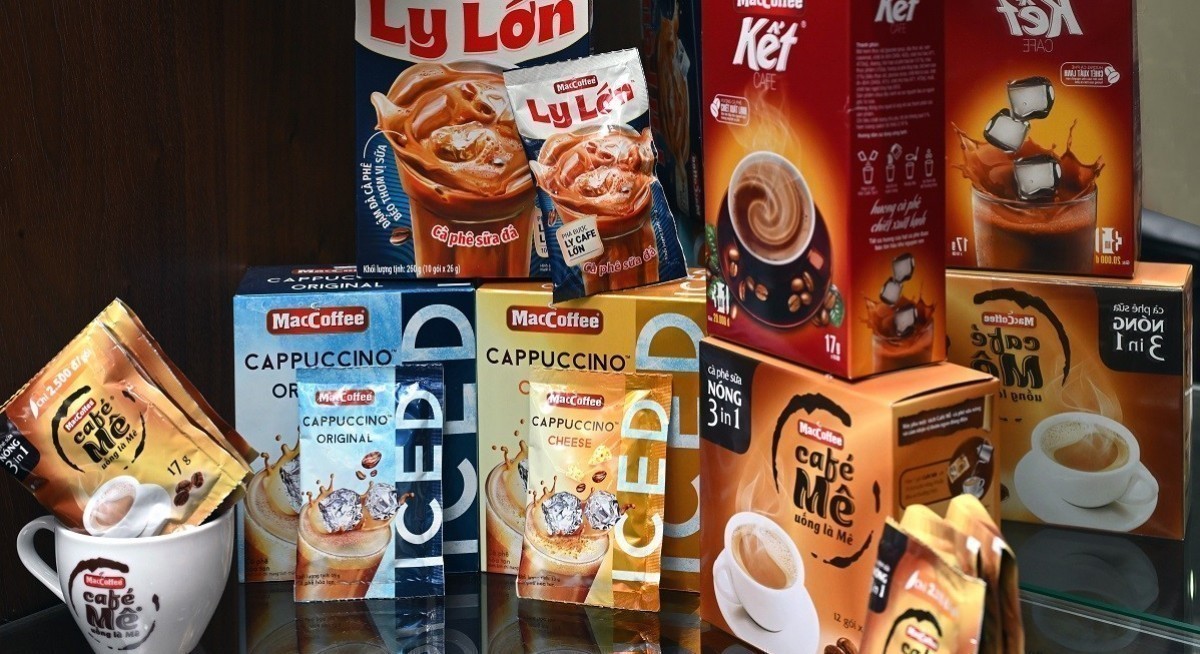The group’s revenue in FY2024 ended Dec 31, 2024, grew by 11.9% y-o-y to US$476 million ($621.6 million) while revenue for the 1HFY2025 rose by 21.7% y-o-y to US$274.1 million. After adjusting for a one-time non-cash fair value loss on its redeemable exchange notes (REN), Food Empire’s 1HFY2025 came in at US$31 million, from US$23.2 million in the 1HFY2024. Including the one-time fair value loss, the first six months of this year saw a net loss of US$1.1 million.
To this end, Eng believes the group will see continued growth driven by improvements in its consumer brand recognition as it invests more in advertising and marketing.
In his view, key catalysts for growth include Food Empire’s healthy balance sheet with strong net cash position, which can be used for expansion plans, future investments and partnerships.
“Recently, the group signed a partnership with Capital A Berhad to co-develop new lines of product and increase sales channel to include in-flight sales in [the] Southeast Asia region,” Eng writes in his report dated Nov 5.
See also: StarHub’s weak FY2026 guidance leads DBS to review call while Morningstar flags overvaluation
Conversely, primary risks include cost pressures on raw materials as the group will have to depend heavily on the prices of coffee beans and tea to create its products. Macroeconomic volatility affecting exchange rates will also impact profits as the group reports earnings in US dollar (USD) and has revenue in multiple regions. “The most detrimental threat, though unlikely, is long term shift in consumer preference away from instant beverages,” says Eng.
In addition to his buy call, Eng recommends investors have a medium to long-term allocation to this counter due to Food Empire’s “strong position in regional instant beverage and food market, growth momentum driven by advertising and localised content”. The group’s valuation is also supported by higher than industry median growth, he adds.
As at 4.50pm, shares in Food Empire are trading 1 cent lower or 0.44% down at $2.28.




